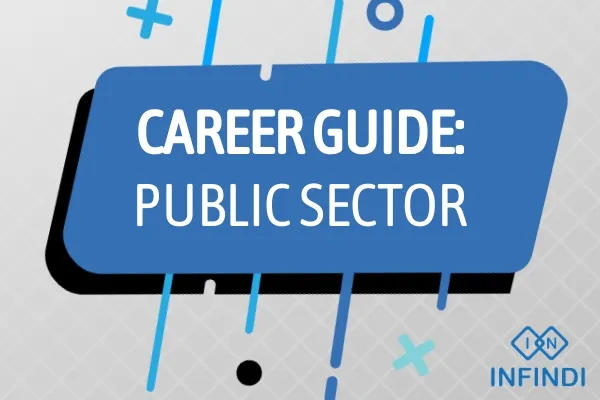For those with a passion for public service, a commitment to societal well-being, and a desire to contribute to the development of public policy, careers in the public sector offer a dynamic and impactful path. Whether you’re an experienced public servant or someone exploring entry-level opportunities, understanding the intricacies of jobs in the public sector is essential. This article aims to provide a comprehensive guide to public sector careers, addressing duties, salary expectations, job descriptions, skills, qualifications, education and training requirements, experience prerequisites, frequently asked questions, and daily tasks.
1. Duties and Responsibilities
Public sector professionals play a vital role in delivering essential services, implementing government policies, and addressing the needs of the community. Common duties and responsibilities include:
- Policy Development: Formulating and implementing government policies.
- Public Administration: Managing public resources and government operations.
- Community Outreach: Engaging with the community to address concerns and gather feedback.
- Regulatory Compliance: Ensuring compliance with laws and regulations.
- Service Delivery: Providing essential services such as education, healthcare, and public safety.
2. Salary Expectations
The salary for jobs in the public sector varies based on factors such as experience, position, and the level of government (local, state, or federal). Entry-level positions may start at around $40,000 annually, while experienced professionals in managerial or specialized roles can earn well over $100,000. Benefits, including healthcare, retirement plans, and job security, contribute to the overall compensation.
3. Possible Job Descriptions
Public sector roles encompass various positions, each contributing to different aspects of governance and service delivery:
- Government Analyst: Analyzing data and providing insights for policy decisions.
- Public Health Officer: Overseeing public health initiatives and programs.
- City Manager: Managing the day-to-day operations of a city or municipality.
- Social Worker: Providing support and services to individuals and families in need.
- Educational Administrator: Leading and managing educational institutions.
4. Skills and Qualifications
Successful public sector professionals possess a combination of analytical skills, communication abilities, and a commitment to public service. Key skills include:
- Analytical Thinking: Evaluating data and making informed policy decisions.
- Communication: Conveying information clearly to diverse audiences.
- Leadership: Leading teams and implementing organizational goals.
- Problem-Solving: Addressing challenges and finding effective solutions.
- Public Service Ethic: Demonstrating a commitment to serving the community.
5. Education and Training Requirements
Educational requirements for public sector jobs vary based on the specific role and level of government. Many positions require at least a bachelor’s degree in fields such as public administration, political science, or a related field. Advanced degrees and certifications can enhance career prospects.
6. Experience Requirements
Entry into public sector jobs often involves gaining practical experience through internships, entry-level positions, or roles in relevant fields. Advancement to managerial or specialized roles may require several years of successful public service experience.
7. Frequently Asked Questions
Q: How does technology impact public sector jobs?
A: Technology has transformed the public sector with innovations such as e-government services, data analytics, and digital communication, enhancing efficiency and accessibility.
Q: Can public sector professionals specialize in specific policy areas?
A: Yes, public sector professionals often specialize in areas such as healthcare policy, environmental policy, education policy, or social services, based on their interests and expertise.
Q: What role does community engagement play in public sector careers?
A: Community engagement is crucial in public sector careers to understand the needs of the community, gather feedback, and ensure that policies are responsive to public concerns.
8. Daily Tasks and To-Do Lists
The daily tasks of a public sector professional can vary based on their specific role, department, and government level, but a typical to-do list may include:
- Developing and implementing policies to address community needs.
- Analyzing data and conducting research to inform policy decisions.
- Engaging with community members to gather input and address concerns.
- Managing government operations and resources efficiently.
- Collaborating with other government agencies and stakeholders.
In conclusion, a career in the public sector offers a dynamic and impactful journey for individuals dedicated to serving the community and driving positive societal change. Whether you’re entering the public sector or aiming for advancement, understanding the duties, qualifications, and daily tasks associated with public sector jobs will set you on the path to success. Explore opportunities, contribute to public welfare, and embark on a fulfilling career in the ever-evolving realm of public service.

